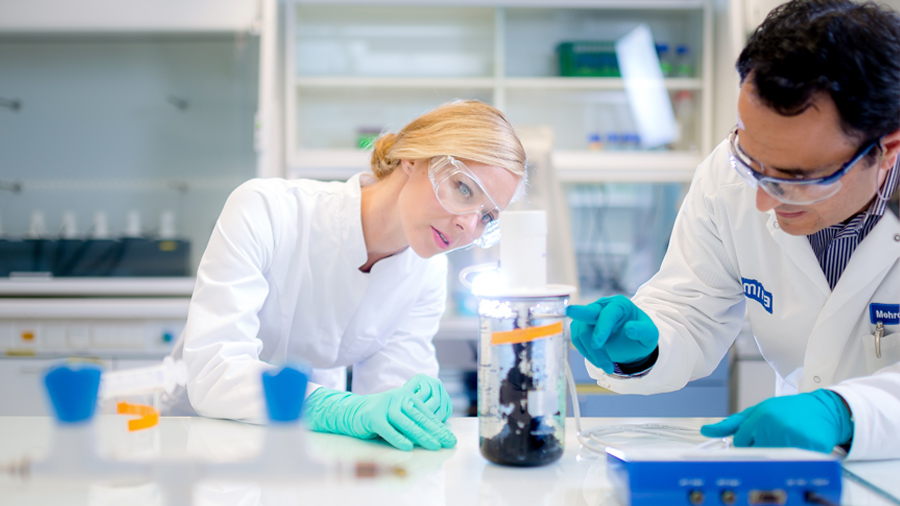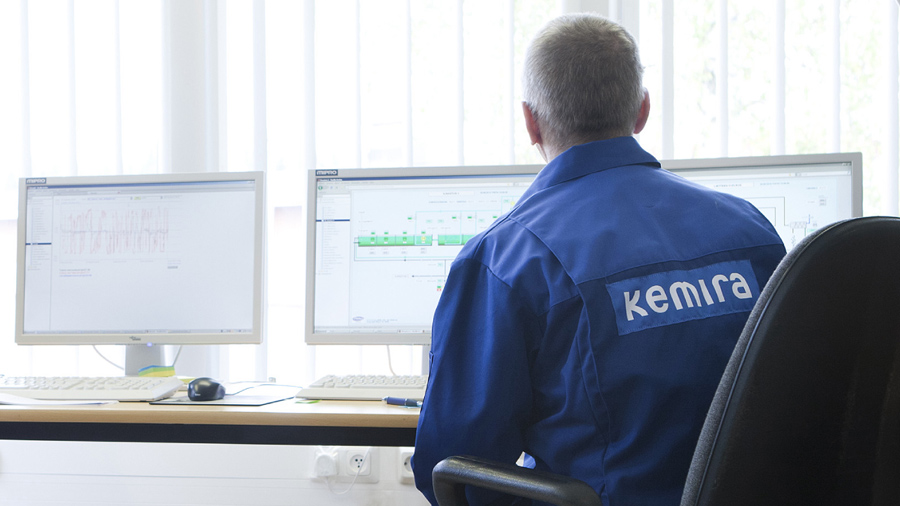
Raw water & drinking water
Less than 3% of all water on earth is freshwater and, because most of that is locked in ice caps or deep underground, only 1% is available to us. Since life is impossible without H2O, which makes up around 60% of our bodies, taking care of the world’s freshwater is of the utmost importance.
Large variability in surface water quality means raw water is very rarely good enough to be used for drinking or industrial processes without treatment. We help both municipalities and water-intensive industries meet their required quality standards with our application expertise throughout the water cycle.



